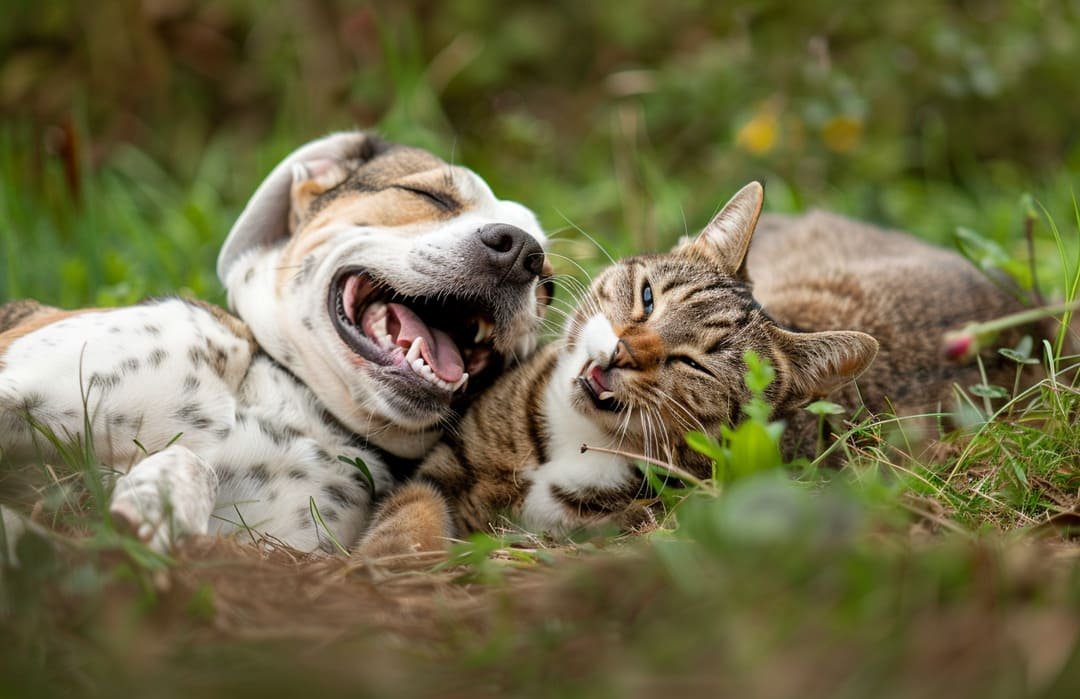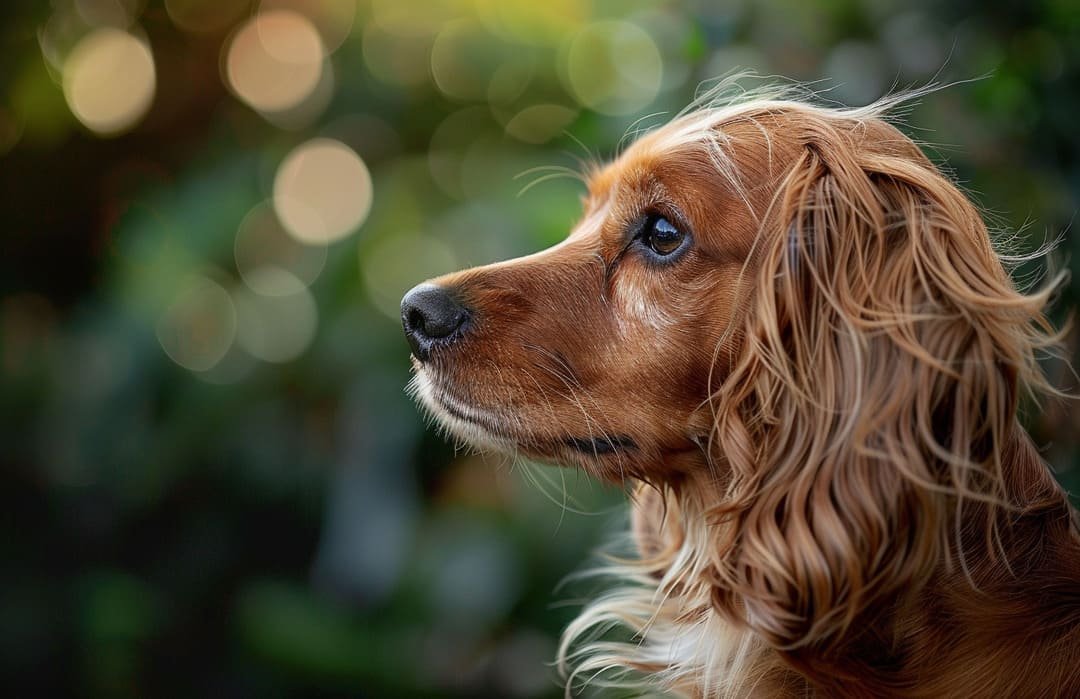Introduction:
Did you know that mucus on your dog's poop could be a red flag for underlying health issues? Understanding the importance of mucus on dog poop prevention is key to ensuring your furry friend's digestive wellness. In this comprehensive guide, we'll explore five effective ways to prevent mucus in your dog's stool, helping you prioritize your pet's health and happiness. Stay tuned to discover actionable strategies that can make a significant difference in your dog's well-being.
Understanding Mucus in Dog Poop
Mucus in dog poop can be a concerning issue for pet owners, indicating underlying health issues that need attention. Understanding the causes and implications of mucus in dog stool is essential for effective prevention. Here's what you need to know:
-
Causes of Mucus on Dog Poop: Mucus in dog feces can be a result of various factors such as dietary indiscretion, gastrointestinal infections, allergies, or inflammatory bowel disease.
-
Signs and Symptoms: Watch out for signs like frequent diarrhea, straining during bowel movements, blood in stool, or changes in appetite, as these could indicate the presence of mucus in your dog's poop.
-
Health Implications: Mucus on dog poop can point towards digestive issues that may require veterinary attention. Leaving underlying conditions untreated can lead to more severe health problems for your furry companion.
Proactively monitoring your dog's stool for any signs of mucus and understanding the potential reasons behind it can help in early detection and prevention of digestive issues. Regular monitoring and prompt veterinary care are crucial in maintaining your dog's overall health.
Importance of Diet in Preventing Mucus on Dog Poop
A well-balanced diet plays a crucial role in maintaining your dog's digestive health and reducing the chances of mucus in their stool. Consider the following factors when it comes to your furry friend's diet:
-
Role of Diet: The food your dog eats directly impacts their gastrointestinal health. A diet rich in high-quality proteins, fiber, and essential nutrients can promote proper digestion and reduce the likelihood of mucus formation in their poop.
-
Recommended Diet: Opt for dog food that is specifically formulated to support digestive health. Look for options that contain probiotics, which aid in maintaining a healthy gut flora and reducing intestinal inflammation.
-
Foods to Avoid: Certain foods can trigger digestive issues and increase mucus production in your dog's stool. Avoid feeding your dog table scraps, fatty foods, and those they may be allergic to, as these can contribute to digestive upsets.
For more information on selecting the right diet for your dog to prevent mucus on their poop, consult with your veterinarian or a professional pet nutritionist. Ensuring your dog receives a well-rounded and nutritious diet is key to their overall well-being and digestive health.
Hydration and Its Impact on Dog Poop
Proper hydration is essential for your dog's overall health, including their digestive system. Here's why hydration matters in preventing mucus on your dog's poop:
-
Hydration and Stool Quality: Water plays a crucial role in maintaining the proper consistency of your dog's stool. Dehydration can lead to constipation or hard stools, which may exacerbate mucus production in their feces.
-
Tips for Ensuring Hydration: Make fresh, clean water easily accessible to your dog at all times. Monitor their water intake, especially during hot weather or increased physical activity. Adding wet food or broth to their diet can also contribute to their overall hydration levels.
-
Effects of Dehydration: Inadequate hydration can not only lead to mucus in dog poop but also result in urinary tract issues, kidney problems, and other health concerns. Ensuring your dog is properly hydrated is essential for their well-being.
External Link: To learn more about the importance of hydration for dogs, you can visit The American Kennel Club's guide on canine hydration.
Regular Exercise for Healthy Digestion
Exercise is not only beneficial for your dog's physical health but also plays a significant role in maintaining a healthy digestive system and preventing mucus on their poop. Consider the following points regarding exercise and its impact:
-
Benefits of Exercise: Regular physical activity helps stimulate the digestive system, promoting proper gastrointestinal motility and reducing the likelihood of constipation or gastrointestinal issues. Exercise also supports overall wellness and mental stimulation for your furry companion.
-
Recommended Exercise Routines: Tailor your dog's exercise routine to their breed, age, and energy levels. Aim for a mix of activities such as daily walks, playtime, interactive toys, and training sessions to keep them engaged and active.
-
Prevention of Mucus: By incorporating regular exercise into your dog's daily routine, you can help maintain healthy digestion and prevent issues like mucus in their stool. Physical activity supports the natural movement of waste through the gastrointestinal tract, promoting regular bowel movements.
Engaging your dog in consistent and appropriate exercise not only benefits their digestive health but also enhances their overall quality of life. Make sure to consult with your veterinarian to determine the best exercise plan for your specific canine companion.
Regular Veterinary Check-ups and Parasite Prevention
Routine veterinary check-ups are crucial for maintaining your dog's overall health and preventing issues such as mucus in their poop. Here's why regular visits to the vet and parasite prevention are essential:
-
Importance of Veterinary Visits: Regular check-ups with your veterinarian allow for early detection of any underlying health issues that may be causing mucus in your dog's stool. Your vet can provide professional guidance on diet, exercise, and overall wellness tailored to your dog's individual needs.
-
Parasites and Mucus Production: Parasites such as worms can lead to digestive disturbances and mucus in your dog's feces. Preventative measures, including regular deworming treatments as recommended by your veterinarian, can help reduce the risk of parasite-related issues.
-
Preventative Measures: Beyond parasite prevention, routine veterinary care ensures that your dog receives necessary vaccinations, dental check-ups, and screenings for potential health concerns. These proactive measures contribute to your dog's overall well-being and can help prevent digestive issues.
For expert guidance on maintaining your dog's health and preventing mucus in their poop, schedule regular veterinary visits and follow your vet's recommendations for parasite prevention and overall wellness. Your dog's health is worth the investment in proactive care.
FAQ Section
Q: What are the common causes of mucus on a dog's poop?
A: Common causes of mucus on dog poop include dietary indiscretion, gastrointestinal infections, allergies, or underlying conditions like inflammatory bowel disease.
Q: How can diet influence the presence of mucus in a dog's stool?
A: A well-balanced diet with high-quality proteins, fiber, and essential nutrients can promote proper digestion and help reduce mucus production in a dog's stool.
Q: Is dehydration a factor that contributes to mucus in a dog's poop?
A: Yes, dehydration can lead to constipation or hard stools, potentially exacerbating mucus production in a dog's feces.
Q: What role does exercise play in preventing mucus on a dog's poop?
A: Regular exercise stimulates the digestive system, supports gastrointestinal motility, and helps maintain healthy digestion, reducing the likelihood of mucus in a dog's stool.
Q: Why are routine veterinary check-ups important in preventing mucus on a dog's poop?
A: Routine vet visits allow for early detection of underlying health issues, including parasites, which can cause digestive disturbances and mucus in a dog's feces.

